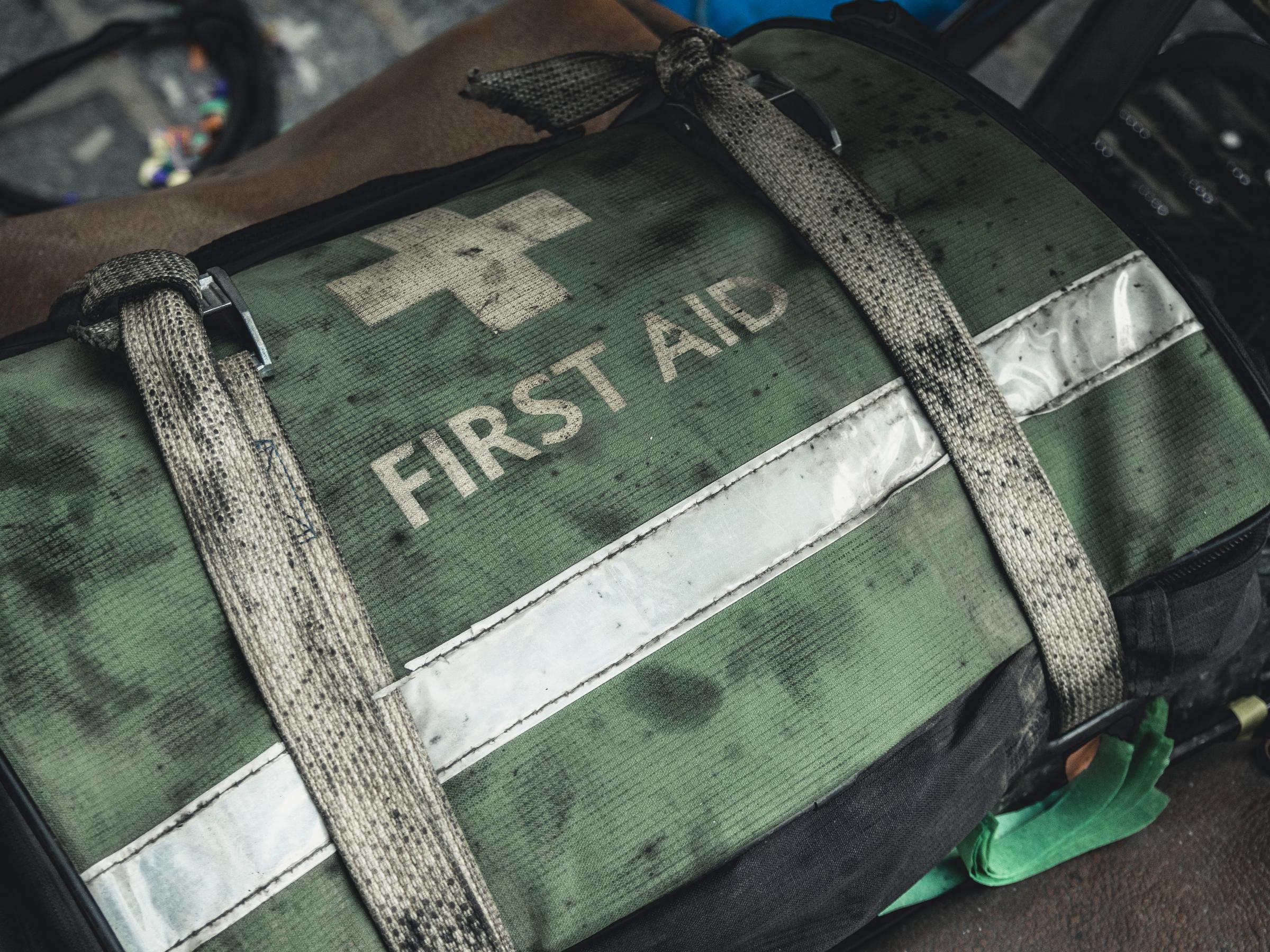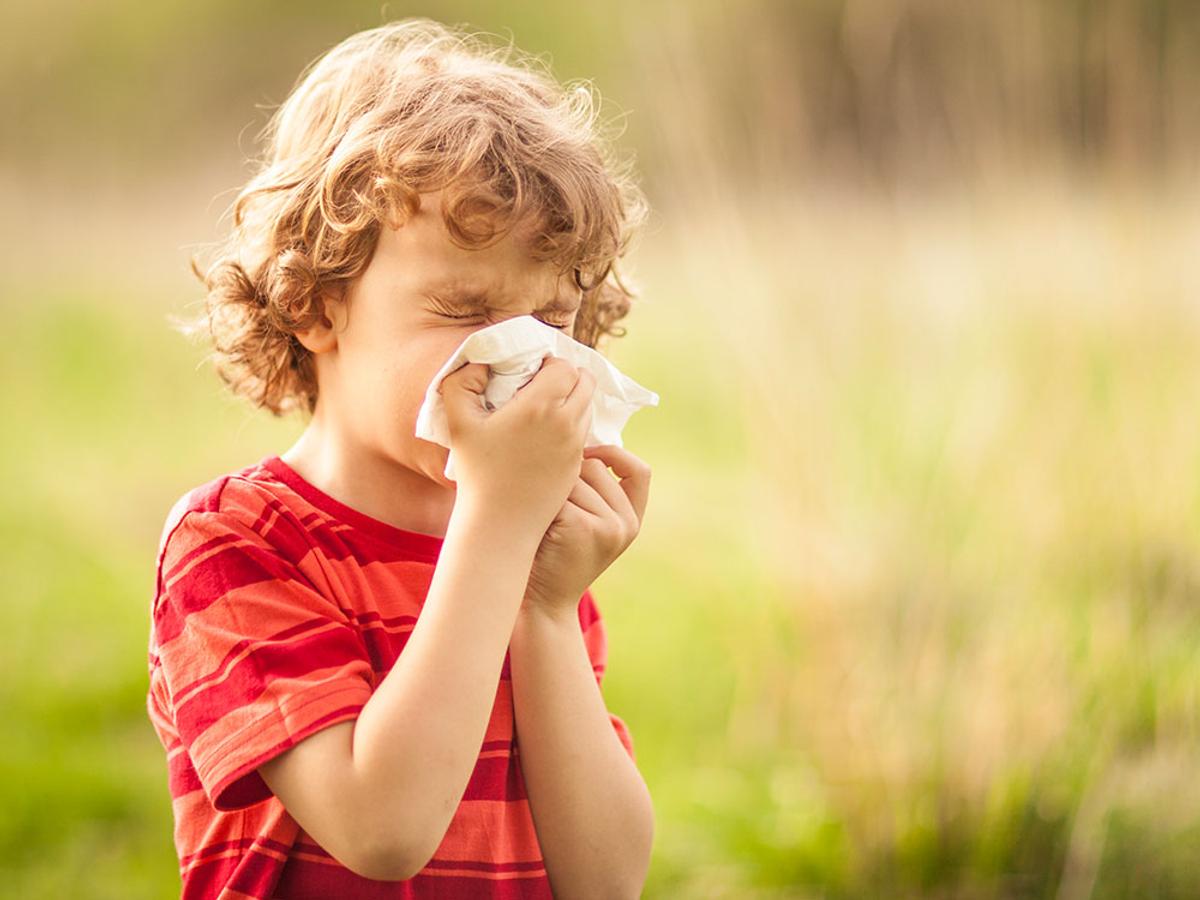Health Centre

Hay Fever and SunSmart advice
With the change in season and generally warmer weather, we encourage students to enjoy the outdoors whenever possible.
On a regular school day, students would spend at least 1.5 hours outside between 9am and 3.30pm every day.
We would also like to remind everyone of outdoor safety regarding UV and Pollen. Two helpful apps include:
Spring also brings the peak pollen season which of course brings on hay fever symptoms in people who suffer from this condition. If your child suffers from this, we advise you to get a current hay fever management plan with your doctor or pharmacist.
We advise parents to follow the Melbourne Pollen app (link above), and particularly on high pollen days administer an antihistamine prior to your child coming to school in the morning if that is part of your hay fever management plan.
We will not be administering antihistamines at school to children who present with hay fever symptoms at school. If antihistamines are part of your child’s hay fever management plan, please administer it at home in the morning before school.
We will give wet cloths for eyes and treat symptomatically, but if your child is not coping with their hay fever symptoms at school, you will be rung and asked to collect them.
Julie Zuk
First Aid Officer
Protecting against mosquito-borne diseases
Victoria’s mosquito season started this month and will extend to late April 2024. Warm and wet weather can result in greater numbers of mosquitoes and increased risk of illnesses from mosquito bites. While the overall risk is low, some mosquitoes carry diseases that make people sick. The best protection against mosquito-borne illness is to avoid mosquito bites. Families can protect against mosquito bites by:
- covering up as much as possible with long, loose-fitting, light-coloured clothing
- applying insect repellent that contains picaridin or DEET on exposed skin when leaving home
- limiting outdoor activity if lots of mosquitoes are active.
To reduce the risk of illness linked to mosquitos, such as Buruli ulcer, promptly wash any new scratches or cuts with soap and clean water and apply a topical antiseptic and dressing. Families with any health concerns should see their doctor or phone NURSE-ON-CALL: 1300 606 024 (available 24 hours).
Free Japanese encephalitis vaccines
Japanese encephalitis virus is spread to humans through bites from infected mosquitoes and can cause a rare but potentially serious infection of the brain. Free Japanese encephalitis vaccines are available to protect Victorians at higher risk of the virus. The Victorian Department of Health encourages eligible people who live or work in high-risk local government areas to get vaccinated ahead of summer, which brings an increased mosquito presence. For more information, including what is considered a high risk area and eligibility for a free vaccine, refer to the Department of Health’s Japanese encephalitis webpage.
Find out more
For more information on protecting against mosquito-borne diseases, families can refer to the following Better Health Channel pages:
- Mosquitoes can carry diseases
- Protect yourself from mosquito-borne disease, including a handy checklist to help reduce mosquito breeding sites at home and resources translated into other languages
- Japanese encephalitis
- Buruli ulcer.

